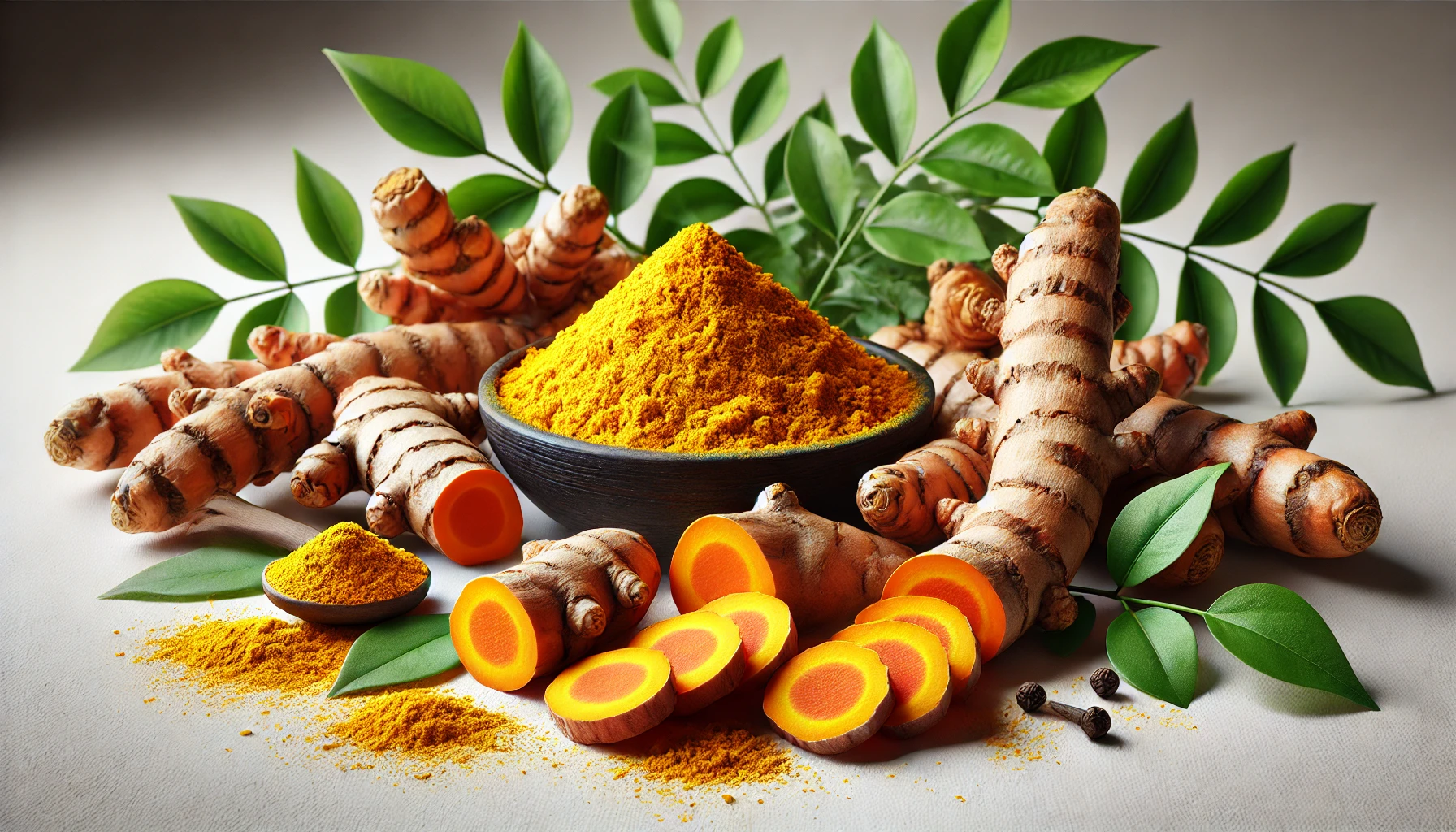Check out this answer from Consensus:
The health benefits of turmeric are vast and well-supported by scientific research. Its anti-inflammatory, antioxidant, and metabolic regulatory properties make it a valuable addition to both human and animal diets. While more extensive studies are warranted to confirm these findings, the current evidence suggests that turmeric can play a significant role in promoting overall health and well-being.
Turmeric, scientifically known as Curcuma longa, is a golden-yellow spice commonly used in Asian cuisine and traditional medicine. Recent scientific studies have highlighted its potential health benefits, ranging from anti-inflammatory properties to improving metabolic health. This article explores the various health benefits of turmeric based on recent research findings.
Anti-Inflammatory and Wound Healing Properties
Turmeric has been traditionally used for its anti-inflammatory properties. A study conducted on patients with alveolar osteitis (dry socket) demonstrated that turmeric dressing significantly reduced pain, inflammation, and discomfort compared to conventional treatments. The study concluded that turmeric not only accelerated wound healing but also had no reported side effects, making it a safe alternative for managing wounds1.
Blood Glucose Regulation
Turmeric’s active compounds, curcuminoids, and sesquiterpenoids, have shown promising results in regulating blood glucose levels. In a study involving type 2 diabetic mice, turmeric extracts significantly suppressed the increase in blood glucose levels. The study suggested that these effects might be due to the activation of peroxisome proliferator-activated receptor-gamma (PPAR-gamma), which plays a role in glucose metabolism2. Another clinical trial on hyperlipidemic type 2 diabetic patients found that turmeric supplementation improved lipid profiles and reduced body weight, although it did not significantly affect glycemic status5.
Gastrointestinal Health
Turmeric may also benefit gastrointestinal health. A pilot study on individuals with irritable bowel syndrome (IBS) found that turmeric extract significantly reduced the prevalence of IBS and improved symptom-related quality of life. Participants reported a significant reduction in abdominal pain and discomfort, suggesting that turmeric could be a potential therapeutic agent for IBS3.
Cardiovascular Health
Turmeric has been shown to have positive effects on cardiovascular health. An exploratory study on healthy volunteers revealed that turmeric concentrate intake reduced blood pressure and improved arterial compliance. The study also noted an increase in urinary antioxidant power and total polyphenol levels, indicating enhanced antioxidant defense4. Additionally, a low-dose curcumin supplement in healthy middle-aged individuals resulted in lowered plasma triglyceride values and increased plasma nitric oxide, which are beneficial for cardiovascular health9.
Liver Health
Turmeric’s hepatoprotective properties have been highlighted in several studies. In patients with nonalcoholic fatty liver disease (NAFLD), turmeric supplementation significantly reduced liver enzymes and improved lipid profiles. The study concluded that turmeric could be effective in managing NAFLD and reducing liver transaminases10. Another study on rats demonstrated that turmeric could protect against pesticide-induced hepatic injuries by up-regulating antioxidant enzymes and inhibiting lipid peroxidation8.
Metabolic Health
Turmeric has also been found to improve metabolic health markers. In a study on patients with nonalcoholic fatty liver disease, turmeric supplementation improved serum glucose indices and leptin levels, which are crucial for metabolic health. The study suggested that turmeric might help control complications associated with NAFLD6.
Gut Health
In livestock nutrition, turmeric has been shown to improve gut health and growth performance. A study on weaned piglets found that dietary turmeric supplementation increased the production of short-chain fatty acids and altered gut microbiota composition, promoting better gut health and growth performance7.
